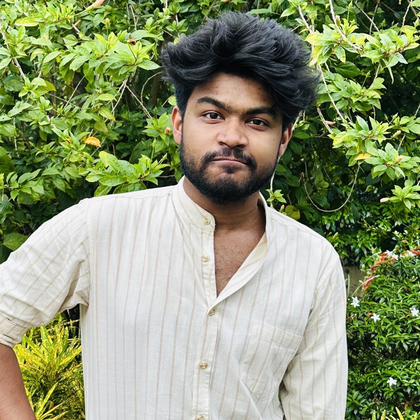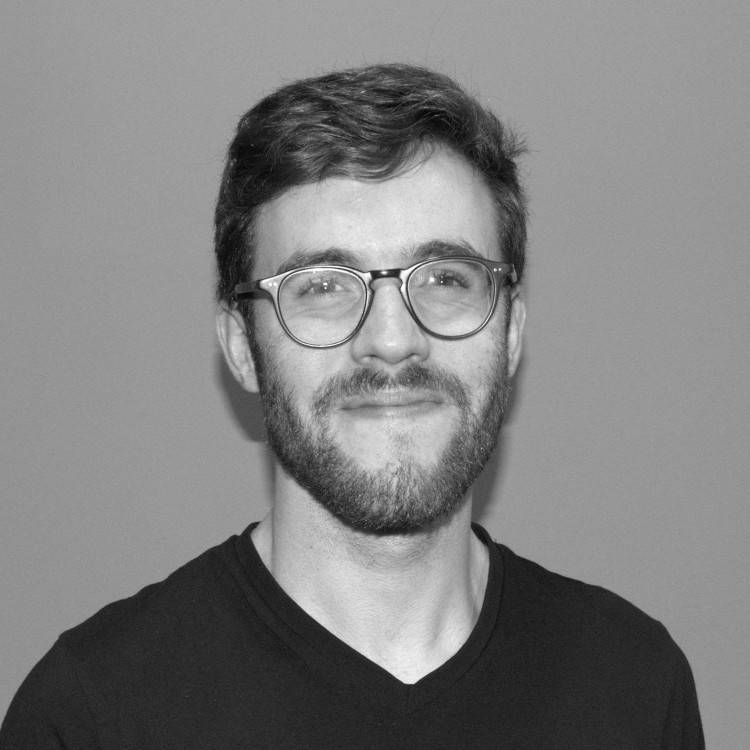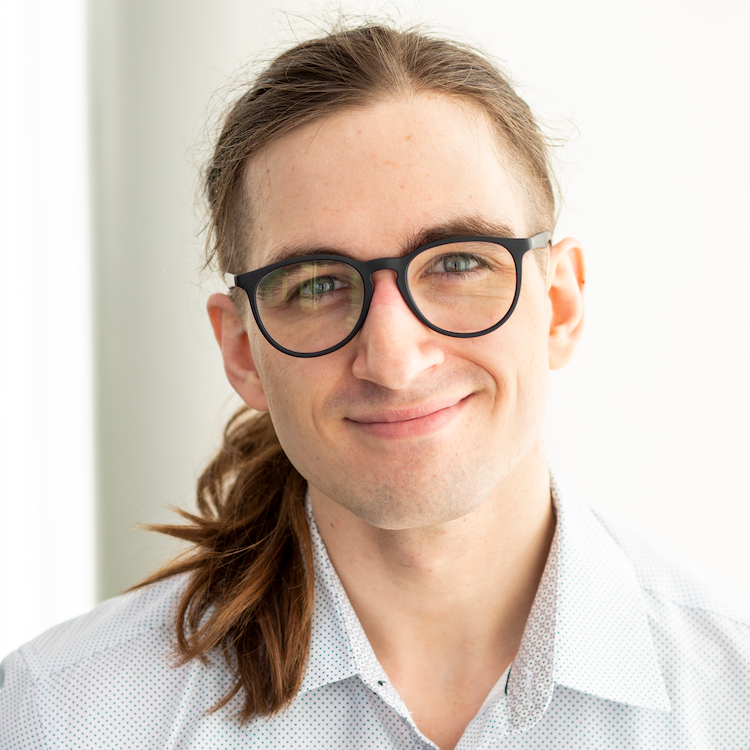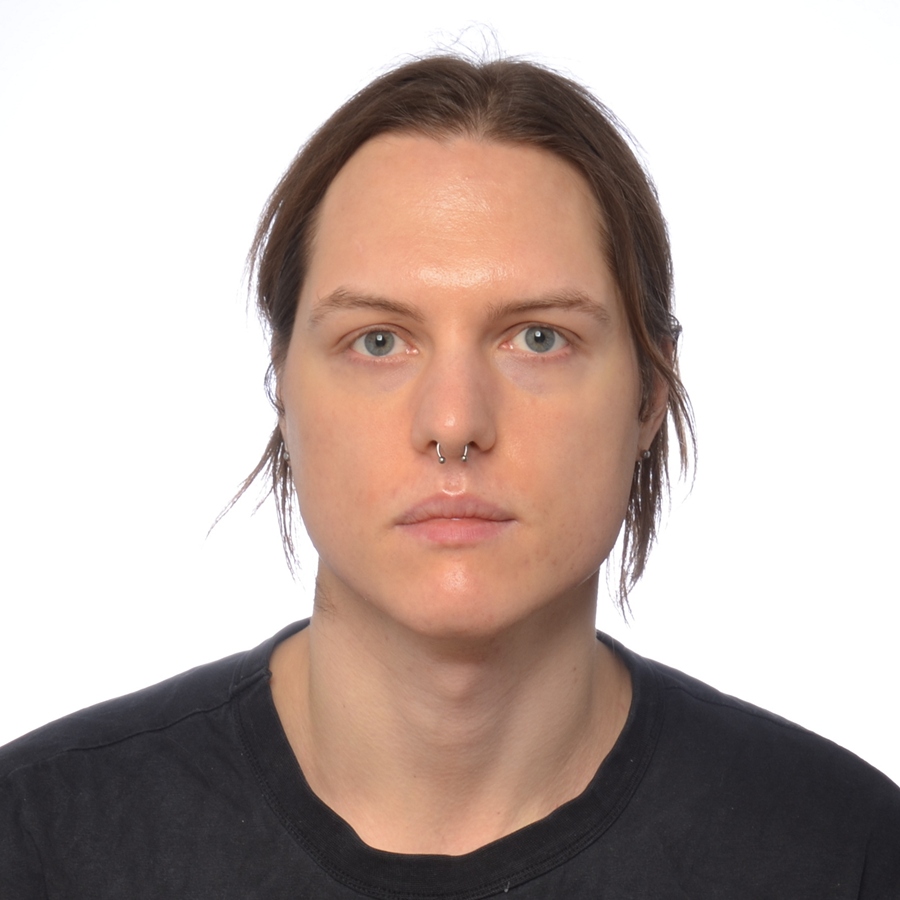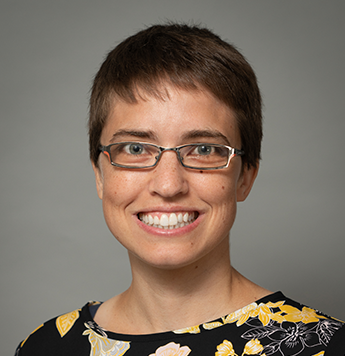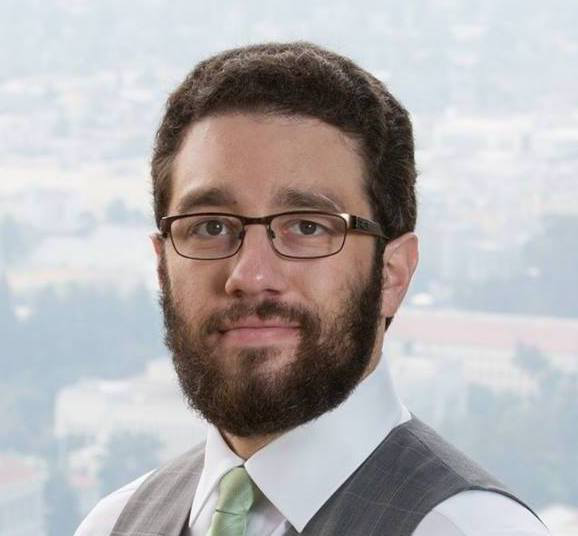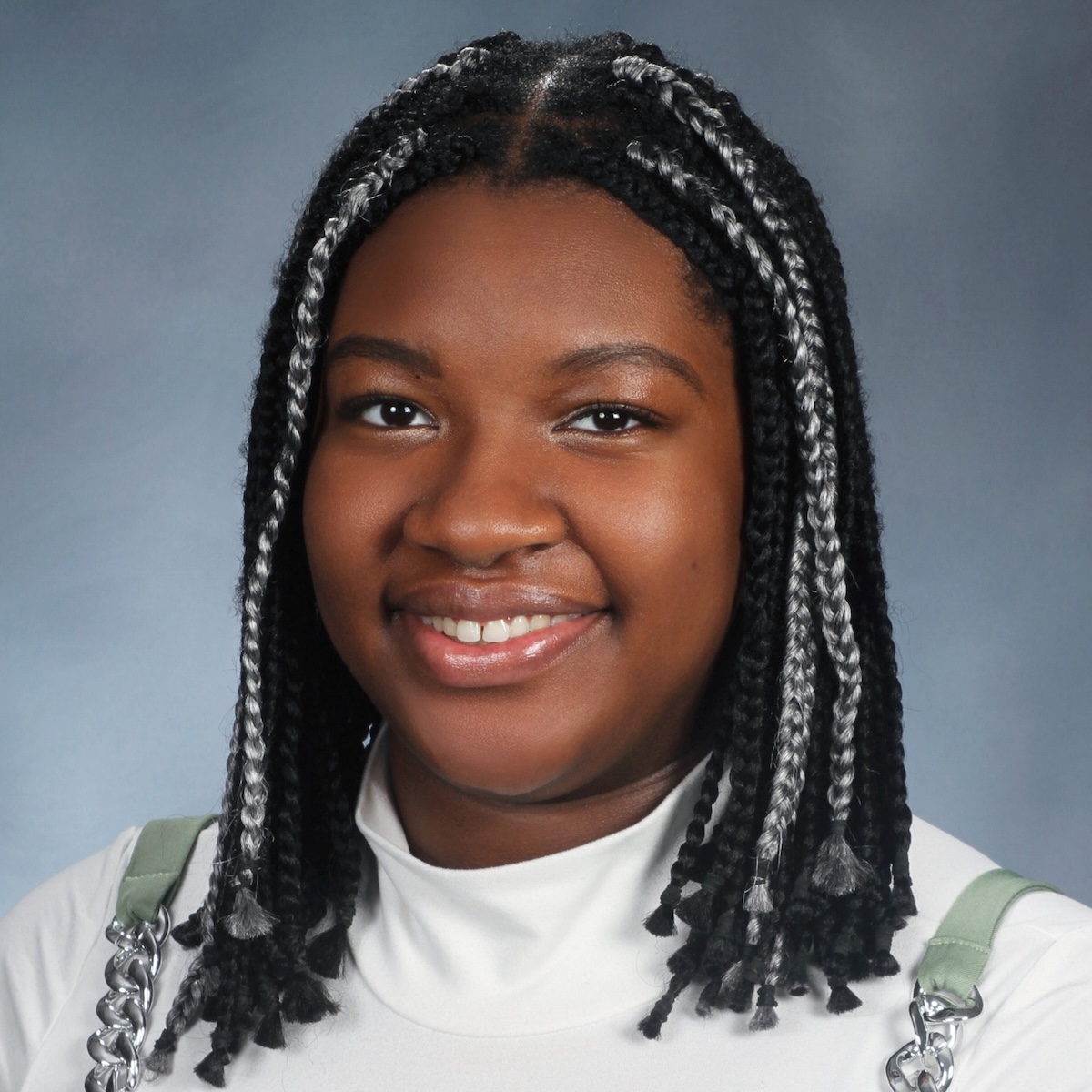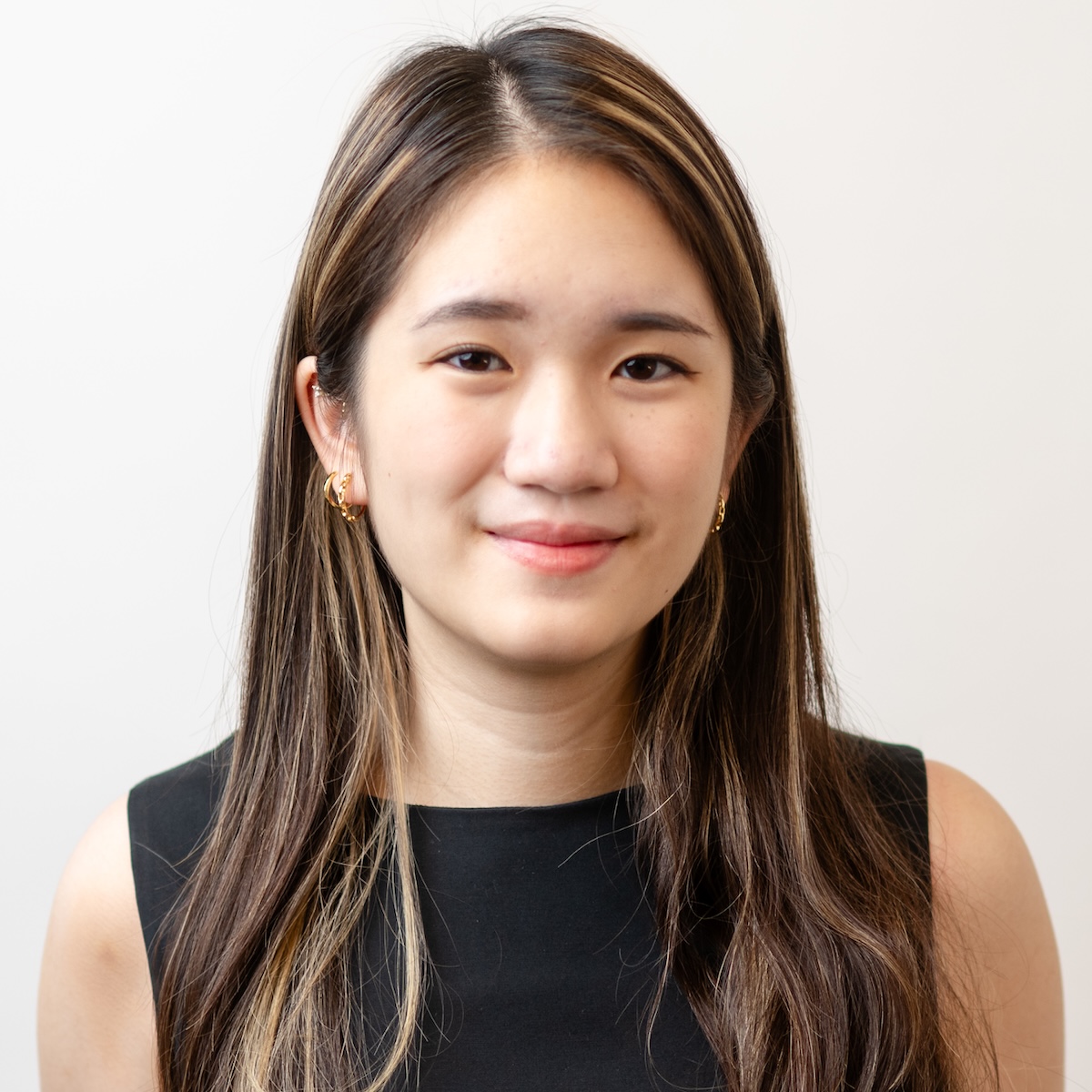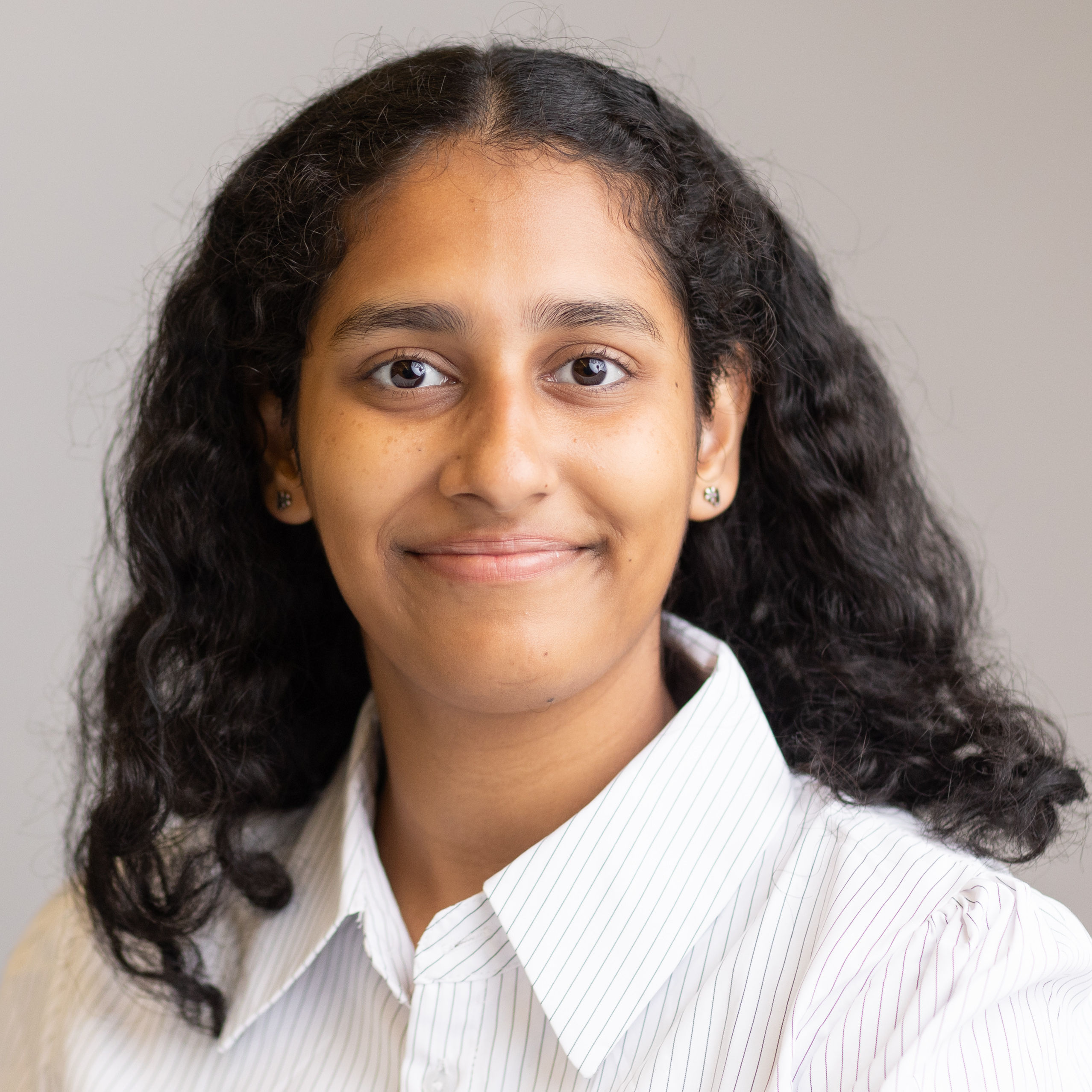Humans of the CoReACTER
ReACTERs
| Mohammad Nahidul Islam (he/him) | |
| Sam Hoffheinz (he/him) | |
| Evan Walter Clark Spotte-Smith (EWCSS) (they/them) | |
| Zhenya Barannik (he/him) | |
| Vanshika Raj Singh (she/her) |
Collaborators
| Rachel C. Kurchin (she/her) | |
| Samuel M. Blau (he/him) |
Visiting Researchers
Alumni and Former Affiliates
| Katherine (Kitty) Pierre-Louis (she/her) | |
| Punna Amornvivat (she/her) | |
| Shreya Pagaria (she/her) |
Interested in Joining?
Before you reach out or apply to work with us, it's a good idea for you to check out The CoReACTER Manual. If you like what you see and you feel aligned with our goals and philosophies, great! If you find yourself disagreeing with a lot of our core principles, this might not be a place where you want to devote your energy.
Graduate Students
We do not currently have any open positions for Research Master's or Doctoral students.
If you have external funding and would like to complete your graduate degree with the CoReACTER, please reach out with the basic information listed below ("Instructions"), as well as details about the funding that you have.
Postdocs
the CoReACTER would like to sponsor an application for the Research Ireland Pathway Programme! The Pathway Programme, funded by Met Eireann and the Sustainable Energy Authority of Ireland, is designed to help folks in all fields develop into independent researchers. Through the Pathway Programme, fellows will work as postdocs for up to four years, during which time they'll co-advise a PhD student with their mentor.
Applications can be on any topic, and interdisciplinary research is encouraged. Topics of interest to the CoReACTER would include:
Philosophy of chemistry, especially chemical ethics related to computational technologies and sustainability
Electrochemical energy storage
Electrocatalysis and sustainable chemical synthesis
Computational methods for studying chemical reaction networks
Plastic waste recycling
Theory and mechanisms of materials synthesis
Interested candidates should submit a brief (1 page or less) cover letter, a brief (1-2 page) description of your proposed project/research area of interest, CV, and certificates of your academic qualifications to evan.spotte-smith@ucd.ie or to CoReACTER@proton.me. In your cover letter, please be sure to address the following:
Why, specifically, are you interested in working with (and within) the CoReACTER?
What is your dream vacation destination?
Inquiries provided on or before January 30, 2026 will receive full consideration.
Undergraduates
The CoReACTER always welcomes undergraduate researchers! No prior research experience is required to work in the CoReACTER, but a background in chemistry, chemical engineering, materials science, or computer science may be helpful.
UCD: There are some formal systems in place for UCD students to get research experience. You can receive summer research placements, though opportunities are limited. You can also work in the CoReACTER as part of your fourth-year research project. Of course, you can work with us even without this formal support, but we may not be able to compensate you (and we really don't support uncompensated labor)!
CMU: CMU students can also perform research for credit. It may also be possible to obtain funding for undergraduate research (e.g., through HURAY, SURF, or ChESS). Note that, since EWCSS is an Adjunct Professor who is not physically located in Pittsburgh, collaboration with the CoReACTER may be more logistically challenging than working in other research groups.
Instructions
If you are interested in working in the CoReACTER, please send an e-mail to EWCSS. In your message, please provide a CV and answer the following questions:
What project(s) you are interested in working on?
Why you are interested in this work, and why are you interested in performing this work within the CoReACTER?
What is your dream vacation destination?
